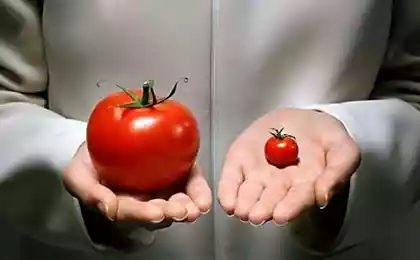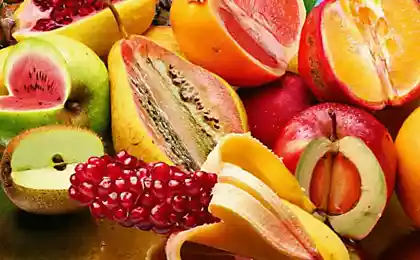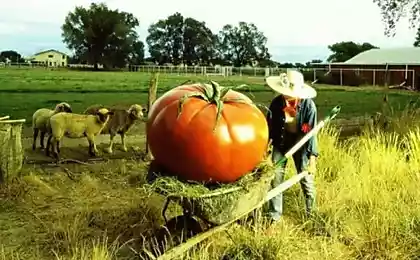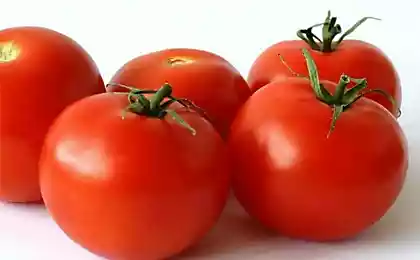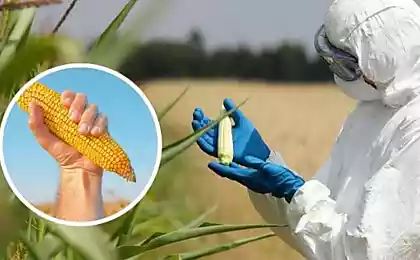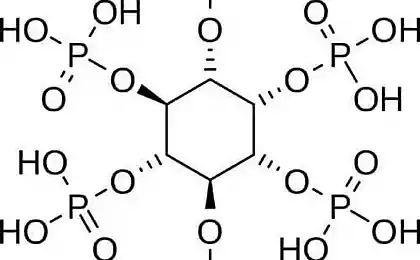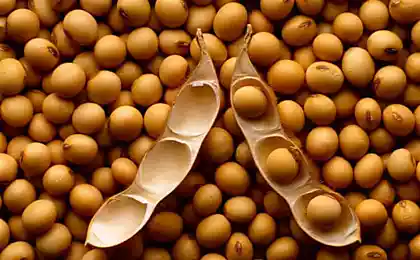872
In Scotland, the ban planting genetically modified grains

August 9, Minister of Agriculture of Scotland, Richard Lohhed, announced a ban on the cultivation of genetically modified crops in the country. Under the new rules of the European Union countries can refuse to grow GM crops unilaterally. Minister explained that the protection of the image of Scotland as a "clean and green country."
Specialists have long received the scientific evidence about the absence of increased risk of products made from genetically modified organisms as compared to products made from organisms derived by conventional methods. in the Committee of the European Commission from 2010 indicated that over 25 years has conducted more than 130 studies , which was attended by more than 500 independent groups. And all researchers agree that biotechnology and in particular GMO as such no more dangerous than, for example, traditional plant breeding techniques.
This opinion maintains an extremely negative attitude towards GMO products. In the same Europe, only 5% of all the residents friendly to modified foods, and 95% believe that they are capable of inflicting serious injury. Society at large is not too aware about the basics of biotechnology and genetics.

Scotia Agriculture Minister Richard Lohhed i>
People have long been engaged in genetic modification of plants and animals through selective breeding, crossing them to obtain the desired characteristics. This process takes years and decades - partly due to too rapid succession of generations, partly due to the fact that this method leads to unwanted side effects. For example, tomatoes must not only be resistant to transportation, but at the same time uniformly mature and delicious.
Genetic intervention can achieve the desired characteristics at once, in a single generation. If scientists know the gene that is responsible for the desired characteristics, it is transferred into a plant or animal. The fears of opponents of GMOs related to the transfer of genes to other living beings, based only on ignorance of genetics, for example, a person divides 99% of the genome with monkeys a > and 84% - with dogs .
In addition, GMO products are subjected to a set of tests and checks which are not products derived "natural" way. A conventional products, such as peanuts, are not prohibited to sell - although they can cause severe allergic reactions in other people.
As a result, scientists have even received a useful hybrid should then output identical to a plant or animal is a "natural" way , although genetically between GMOs and organisms such differences will not be any.
In England, the government has allowed to grow certain types of GM crops. But Lohhed argues that Scotland's demand for such products is very low and that the benefits of such cultivation of grain did not outweigh the "risks for the environment».
Various environmental groups welcomed the decision of the minister, but the farmers, on the contrary, expressed disappointment. In their view, Scotland would be because of this, at a disadvantage compared with countries not to abandon the modern biotechnology. Some farmers say that just the use of genetically modified grains with improved performance and can help preserve the environment, which is so appreciated by the locals.
Source: geektimes.ru/post/260086/
Astronomers have confirmed the gradual extinction of the universe
Bill Gates has invested $ 120 million in the editing of DNA

